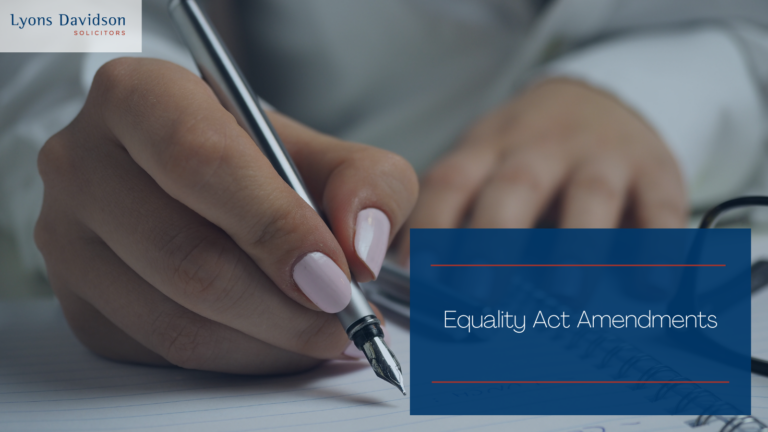There are a number of ways to fund a legal action against a solicitor, although the arrangements can often be complex. The degree of uncertainty surrounding solicitors’ costs is a concern for many, particularly when a fixed-fee arrangement is not in place.
A solicitor is under an obligation to inform their clients in writing about the likely costs of a case. Their cost estimate should be reasonably accurate and not exceed a permissible margin of error, which is usually considered to be 20 per cent. If a solicitor fails to provide you with this information, there is potentially scope to challenge their bill without the need to prove that they have been negligent.
Complaining about a solicitor’s charges
If you believe that you may have been overcharged, you should seek advice as soon as possible, as there are strict time limits for challenging a solicitor’s bill.
In the first instance, you should complain to your solicitor and allow them eight weeks to respond to your concerns. If you are unhappy with the response or do not receive one, you are entitled to refer the matter to the Legal Ombudsman for further investigation.
You may also have the right to have your legal costs assessed by the courts under the Solicitors Act 1974 but there are additional costs associated with this procedure.
Professional negligence
The majority of cost disputes are dealt with by the Legal Ombudsman. However, if you have received poor advice about costs or negligent legal advice about the merits of your case, you may have a claim for professional negligence against your solicitor.
Everyone makes mistakes and a solicitor who gives advice that later turns out to be wrong is not necessarily negligent. To succeed in a professional negligence claim, you need to prove that the solicitor fell below the standards of reasonable competence and that you have been caused a financial loss as a result of your solicitor’s conduct.
Professional negligence claims commonly arise when a solicitor has failed to assess the merits of a case accurately, which has then caused the claimant to incur wasted legal costs (either their own or their opponent’s) or when the solicitor failed to advise the claimant to insure themselves against the risk of a liability for the opponent’s costs.
If you believe that your solicitor may have been negligent, it is important that you seek legal advice before accepting any remedy recommended by the Legal Ombudsman, as the terms of acceptance may prevent you from also bringing a professional negligence claim.
Lyons Davidson has a specialist professional negligence team that deals with claims against solicitors, as well as many other professionals, including vets, accountants, surveyors and architects. If you would like to discuss a potential claim or any issues raised in this article, please contact Jonathan Calverley, Partner in the Civil Litigation team, by emailing [email protected] or phoning 0117 904 5837.



